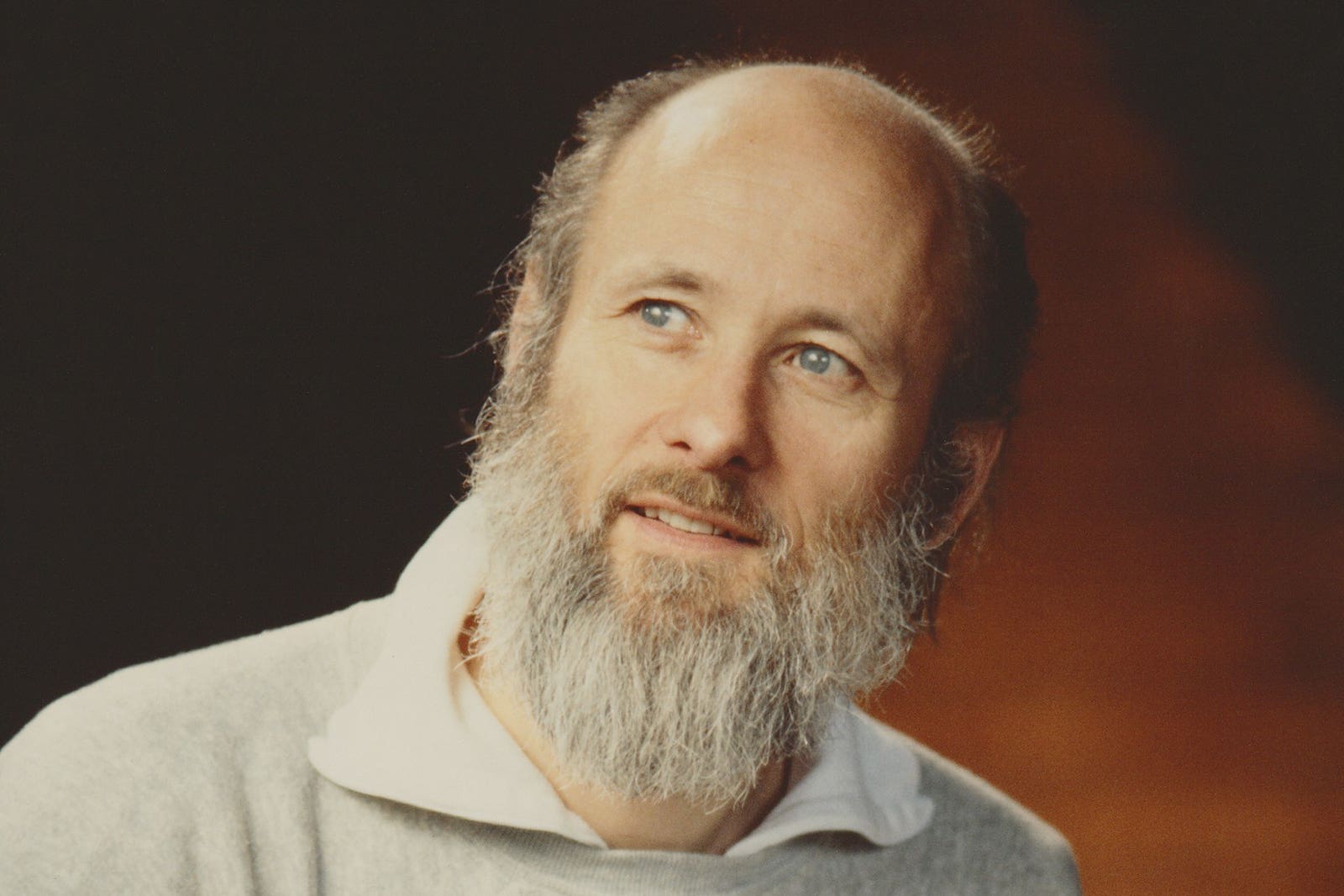Music documentary pioneer Christopher Nupen dies at 88 following long illness
His body of work with a focus on classical music and musicians spanned five decades.

Trailblazing South African filmmaker Christopher Nupen has died age 88 following a long illness, his wife has confirmed.
The Bafta-award winner created more than 75 documentaries on classical music, musicians and composers, sharing the power of music in an authentic and intimate way with a golden generation of artists.
He is best known for his pioneering portrait films, including his ground-breaking film on British cellist Jacqueline du Pre capturing the spirit of one of the greatest musicians of the 20th century.
On Sunday, his wife Caroline told the PA news agency: “It is with a heavy heart that I am writing to tell you that my beloved Christopher passed away in the early hours of this morning.”
Born in Johannesburg, Nupen began his broadcasting career in the UK in the features department of BBC Radio, where he wrote and presented High Festival In Siena in 1962 for the BBC Third programme.
A follow-up programme produced a move to television, where he became the first to film musicians at close quarters on stage and backstage in their natural environment.
His first film for the BBC, Double Concerto, featuring Vladimir Ashkenazy, Daniel Barenboim and the English Chamber Orchestra, marked the start of an unexpected career.
Christopher Nupen pioneered a style of filming music and music-making for television in which his excellence has rarely been equalled and never excelled
The intimate and exuberant film was made possible by Nupen’s closeness to the musicians, their energetic commitment to the project and the invention in 1960s of the first silent 16mm film cameras, had a profound and enduring influence and won international praise.
It became the flagship for a series of closely observed portrait films by Nupen, which have come to be regarded as classics.
A musician himself, he captured the spirit of the 1960s and 1970s, with his films breaking down the barriers between musicians and the public and brought many people to classical music for the first time.
In 1968, he co-founded the UK’s first independent TV production company Allegro Films and became the pioneer of a new genre of music film.
He blended fly-on-the-wall documentary and performance, which provided new and intimate insights into the workings of the artists and their music-making.
Allegro was given the longest retrospective ever shown on British television: 16 consecutive Saturday evenings on Channel 4 from the beginning of September until Christmas in 1988.
At the time, then-chief executive of Channel 4 Lord Michael Grade said: “This is a personal note to record the pleasure and the sense of pride this channel feels about your Allegro retrospective season. It is a triumph!”
Other notable credits include Nupen’s 1969 film The Trout, starring du Pre, Barenboim, Itzhak Perlman, Pinchas Zukerman, and Zubin Mehta in a performance of Schubert’s Trout Quintet, which is widely regarded as a benchmark of classical music broadcasting.
In October 2021, a BBC feature-length autobiographical documentary titled Listening Through The Lens recalled how Nupen founded Allegro Films at the dawn of the music documentary era.
Directed by Nupen’s stepson Matthew Percival and narrated by Stephen Fry, it sees the filmmaker reflect on his award-winning films and the musicians he met, many of whom became life-long friends.
Sir David Attenborough, David Elstein, Lord Grade and Melvyn Bragg also feature, sharing their insights of a unique chapter in the history of music on television.
TV producer and executive Sir Jeremy Isaacs previously said: “Christopher Nupen pioneered a style of filming music and music-making for television in which his excellence has rarely been equalled and never excelled.
“Of that genre he is the undoubted master. His films will endure forever as reference documents to the executant’s art in the 20th century and as constant sources of musical delight.”
Suzy Klein, BBC head of arts and classical music TV, said: “Christopher Nupen was one of the definitive documentarians of our age – a man who believed powerfully in his mission to bring the world’s greatest music and culture to audiences, and who devoted his life to that mission.
“His documentaries were full of passion and profound musical understanding, love for his subject and the wish to spread joy to the widest audience.
“Like so many others, I grew up watching and loving those films and Christopher’s loss will be keenly felt across the musical world.
“His 75 documentaries, spanning five decades, are testament to his enduring legacy as a filmmaker of the highest calibre.”
Bookmark popover
Removed from bookmarks